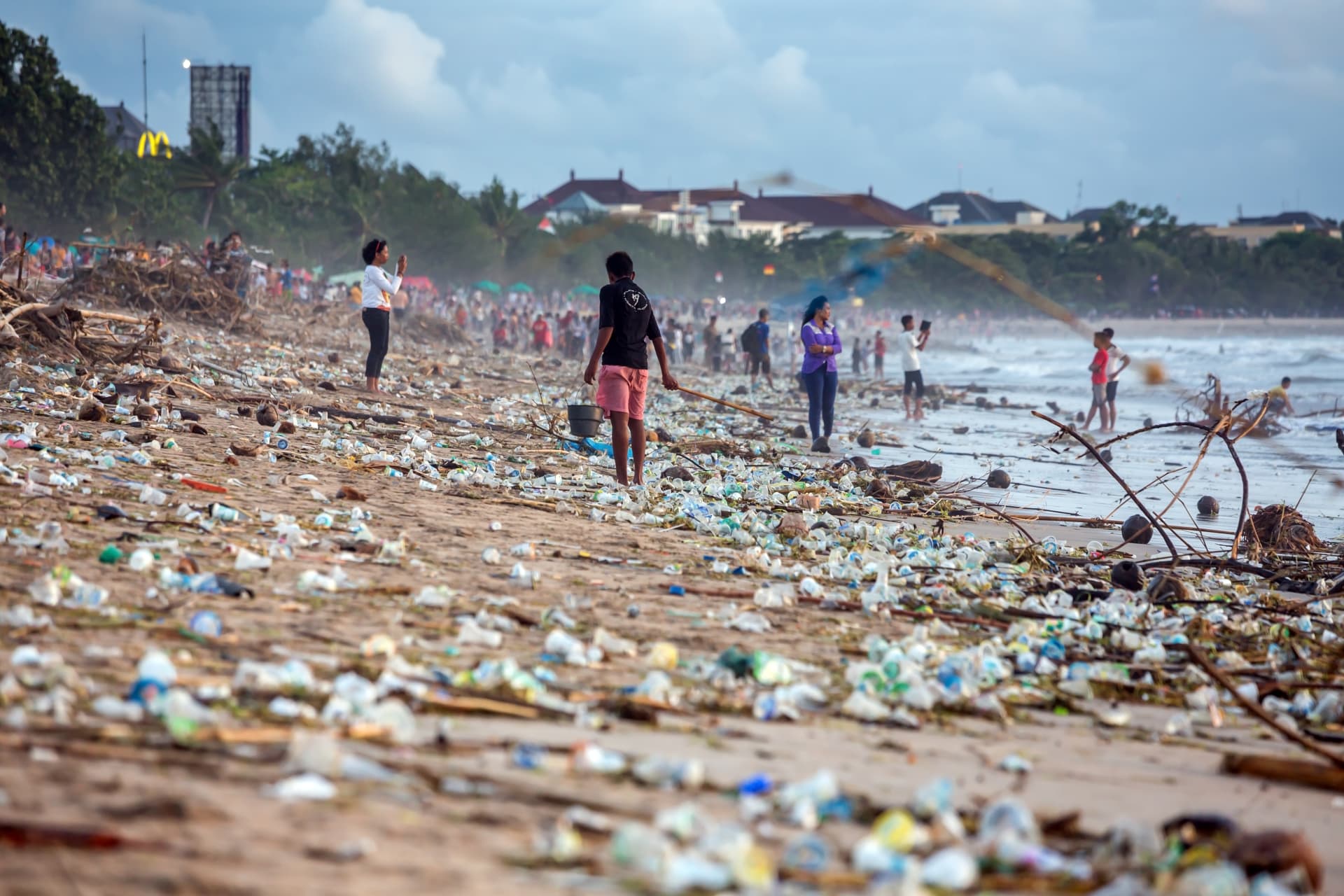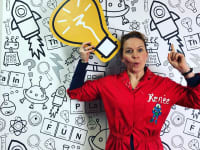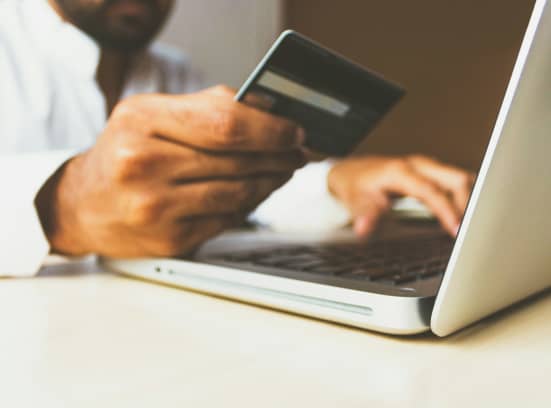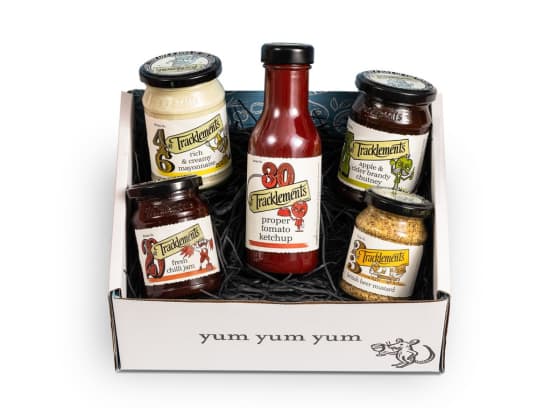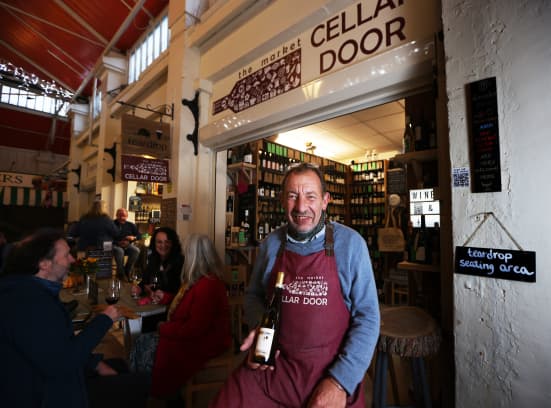Five years ago, almost to the day, I was issued with a legal notice from an organisation protecting the interests of a group of large multinational food and drink producers. After I regained control of my shaking, I did what all good scientists do, I pulled together a dossier of all my research and threw water on their flames… tap water. Now, five years on I feel pretty smug, but that smugness is quickly replaced with sadness and fury when I see the rafts of plastic polluting our oceans. So I am here to say it again, there was good evidence to dramatically reduce, if not ban, bottled water here in the UK.
Imagine living in a land where all those important things in life were free – food, drinking water, petrol, heating. Hang on a minute… water is free – or pretty close – at least for those of you who haven’t jumped on the bottled bandwagon. Just think, would you choose to pay for petrol (which is roughly the same price to us as bottled water) if you could get it for next to nothing? Science is attacking the bottle from all angles and if you listen to no other science, please listen to this – bottled water is bad for your bank balance and your backyard.
There is no question that it is an environmental disaster. Making bottled water uses a disgusting 17 million gallons of oil each year (that doesn’t include transport) and takes at least three times more water to process than the actual water in the bottles. That is saying nothing of the waste.
We all know about the plastic crisis now, but even still about 38.5m plastic bottles are used every day in the UK alone. Just over 50 percent make it to the recycling chain, while more than 16 million are put into landfill. You know those rivers of plastic in Malaysia? We can’t look at that and tut from our moral high horse. Large quantities of our recyclable materials have been being shipped off to sites in Asia where we turn a blind eye to what happens to it once it has left our shores. Fortunately, this shoddy practice has now been exposed and the government has had to stop sweeping your plastic bottles under the offshore rug. But that leaves us with a problem: what do we do with all those plastic bottles? The only viable solution is to stop using them in the first place.
Now, I know how convenient a bottle of water can be, how much some people like to grab one while you are out and about so I’m not going to become a H2O harpy. Take a pragmatic approach – every single bottle of water you don’t buy is one less bottle on the polluting pile. If everyone in the UK cut their bottled drinks consumption by half that would be over 7 billion fewer plastic bottles in landfill every year.
Bottled water is big money. Someone, somewhere is taking their share of £58 billion each year. Imagine the good that could be done with that amount of money? It would cost about £18 billion to build infrastructure to get clean water to everyone in the entire world.
Then there is the question of health. Many people buy bottled water because they think it is better for them. There is no evidence to support this myth and conversely bottled water can be confusing. There are actually three categories of bottled water: mineral, spring and bottled drinking water. Each category is defined and regulated differently, yet do most consumers even know that there is a difference when they grab a bottle off the shelf?
Then there is the plastic itself. Over the years much concern has arisen around types of plastic and its impact on health. BPA and phthalates are the most common causes for concern, however, in the UK our plastic bottles are now BPA free. It is worth knowing that there is a BPA scale to give you all the info you need about what the plastic you are drinking from actually contains (the number is inside the triangular recycling mark): 
- 1, 2, 4 or 5 means the plastic is BPA free.
- 3 or 7 means that the plastic may contain BPA. The BPA may be released if you heat them up or put detergent on them.
- 6 means it’s made from polystyrene.
We are so lucky in this country; our tap water is sensational. Why risk your health with a product that costs a fortune, damages the environment and is not as good as the stuff on tap. Be bright – boycott the bottle.
If you would like to start to make a difference, reusable water bottles are a good place to start. Renowned product testing website www.which.co.uk recently ran a test on the bestselling reusable water bottles, you can view their results here: Which Best Reusable Water Bottles

